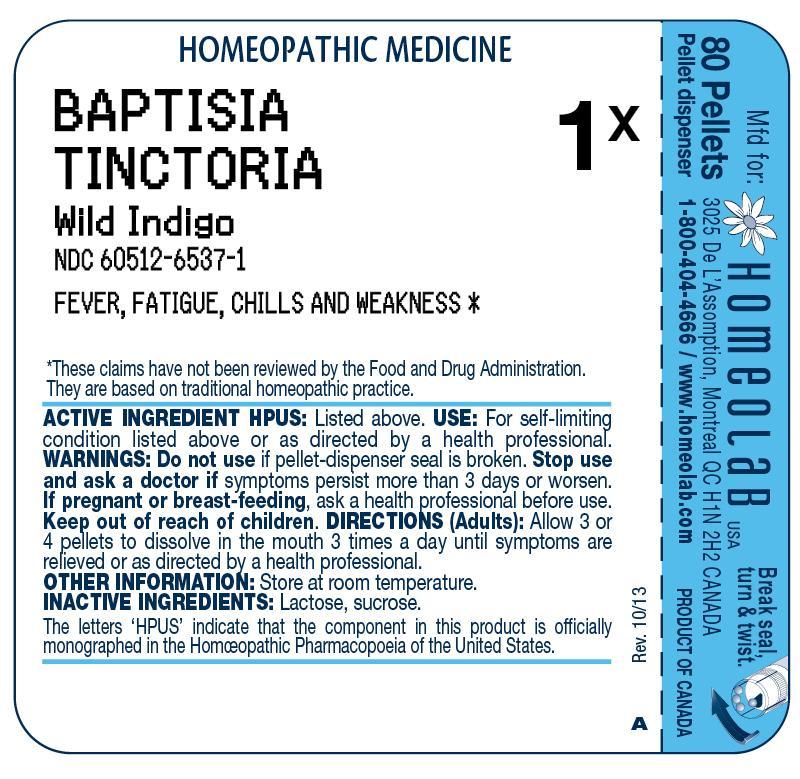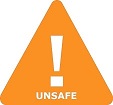Baptisia Tinctoria Pellet while Breastfeeding

What is Baptisia Tinctoria Pellet used for?
Brief: FEVER, FATIGUE, CHILLS, WEAKNESS
I am breastfeeding mother and I am using Baptisia Tinctoria Pellet. Can it have any bad effect on my kid? Shall I search for better alternative?

Note: Due to high dilution of active ingredients in homeopathic medicines most homeopathic medicines are safe while breastfeeding.
Baptisia tinctoria root and Breastfeeding
UnsafeWild indigo is an herb. The root is used to make medicine.Wild indigo is used for infections such as diphtheria, influenza (flu), swine flu, the common cold and other upper respiratory tract infections, lymph node infections, scarlet fever, malaria, and typhoid. It is also used for sore tonsils (tonsillitis), sore throat, swelling of the mouth and throat, fever, boils, and Crohns disease. Some people apply wild indigo directly to the skin for ulcers, sore and painful nipples, as a douche for vaginal discharge, and for cleaning open and swollen wounds. Wild indigo is UNSAFE when taken by mouth or applied to the skin, long-term or in large doses. Large doses can cause vomiting, diarrhea, other intestinal problems, and spasms.
While breastfeeding wild indigo is likely not safe when taken by mouth or applied to the skin. Avoid use.
I already used Baptisia Tinctoria Pellet and meanwhile I breastfed my baby should I be concerned?
Homeopathic medicines usually do not cause harmful effects on breastfed babies. Baptisia Tinctoria Pellet is a homeopathic medicine and if your baby does not have any abnormal symptoms then there is nothing to worry about. Some homeopathic medicines contain alcohol (ethanol) and such homeopathic medicines in high dosage can have bad effect on development of baby.
I am nursing mother and my doctor has suggested me to use Baptisia Tinctoria Pellet, is it safe?
Homeopathic medicines are usually safe in breastfeeding and if Baptisia Tinctoria Pellet has been recommended by doctor then there should be no doubt about its usage in breastfeeding.
If I am using Baptisia Tinctoria Pellet, will my baby need extra monitoring?
Not really.
Who can I talk to if I have questions about usage of Baptisia Tinctoria Pellet in breastfeeding?
US
National Womens Health and Breastfeeding Helpline: 800-994-9662 (TDD 888-220-5446) 9 a.m. and 6 p.m. ET, Monday through Friday
UK
National Breastfeeding Helpline: 0300-100-0212 9.30am to 9.30pm, daily
Association of Breastfeeding Mothers: 0300-330-5453
La Leche League: 0345-120-2918
The Breastfeeding Network supporter line in Bengali and Sylheti: 0300-456-2421
National Childbirth Trust (NCT): 0300-330-0700
Australia
National Breastfeeding Helpline: 1800-686-268 24 hours a day, 7 days a week
Canada
Telehealth Ontario for breastfeeding: 1-866-797-0000 24 hours a day, 7 days a week
